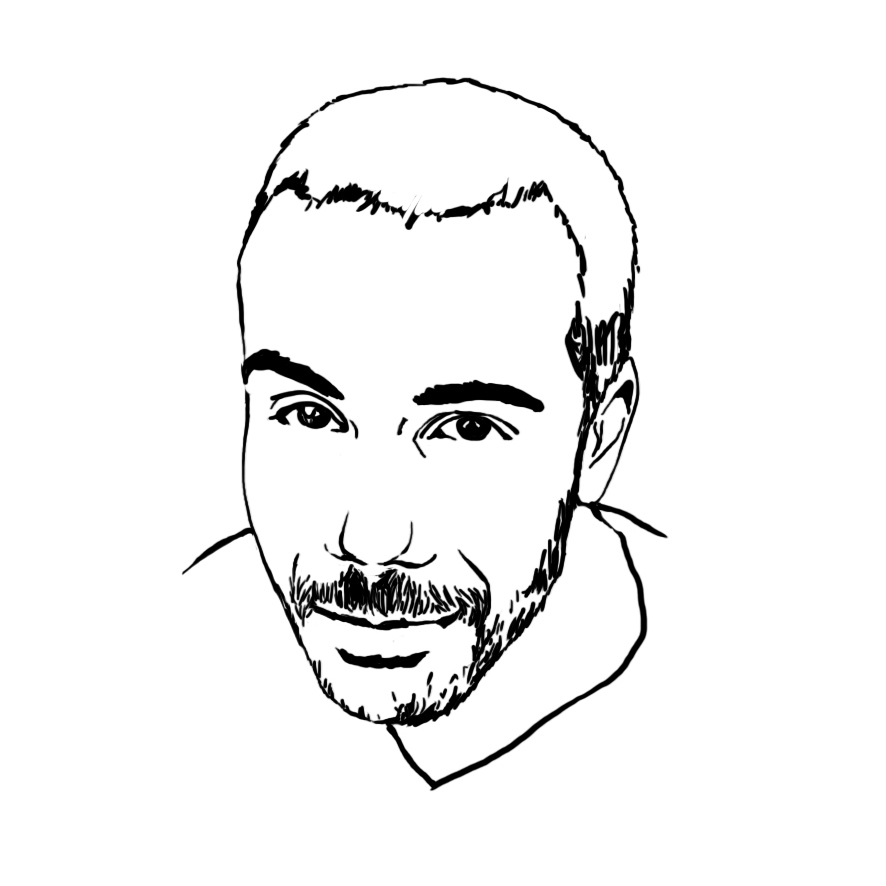Organizational transformation for the benefit of all
Our approach is based on 4 principles:
- Value-Driven Growth: 21st-century consulting must deliver new sources of value beyond optimization strategies.
- Stakeholder Economy: Transformations succeed when they create a balance between the interests of all stakeholders.
- Corporate Culture: For a transformation to be deep and lasting without increasing the workload, it must be embedded in the company's culture.
- Humanities: The company is a complex human and technological organization that requires a rigorous and clear-sighted approach to social dynamics.
Ambition
Type 2 Growth. Shifting from scale- and optimization-based growth to development driven by transformation and boldness.
The growth potential as we have known it is running out. Resource scarcity and ecosystem fragility no longer allow for growth simply by producing more at a larger scale (Type 1 Growth). Our ambition is to open new paths for business development and value creation that align with planetary boundaries, social balance, and the need to repair the world (Type 2 Growth).
Business models
From
to
Innovation
From
to
Production
From
to
Organization
From
to
Method
Stakeholder Economy. Business development that serves everyone, and is therefore driven by everyone.
Companies are powerful drivers of change. Multipliers of human ingenuity. Its products and services can provide profitable solutions to the challenges of individuals and the planet. We remove barriers to change by aligning the interests of all those who contribute to its success. Employees, suppliers, customers, shareholders, and local communities engage in the company's success because the more it thrives, the more everyone benefits.
Our value creation system is under pressure.
- Value is created by a number of essential stakeholders—the company is one of them.
- As obligations accumulate towards the others (disengaged collaborators or degraded nature), value is increasingly harder to generate.
- To suceed in this new socio-environemental deal, companies must find profitable solutions to our collective challenges, and restore relationships among all stakeholders.
Our value creation system is under pressure.
Value is created by a number of essential stakeholders—the company is one of them.
Click to explore pressures and solutions.
Catalyst
Transformation through culture. A deep, lasting, and powerful action.
Many transformations fail because they provide answers to questions no one has asked. The transformed organization reverts to its original shape, and behaviors and habits return. Our focus is on the most powerful lever of change: corporate culture. A transformation driven by culture takes root deeply because it aligns with the lived reality of employees.
Understanding cultural dynamics
Every transformation begins with an analysis. Culture is built on three elements: ● representations, ● behaviors, and ● context, which reinforce each other and form △ patterns. Changing one without adjusting the others, and the transformed company "snaps back" to its original form.
Becoming aware of patterns
The second step is to help teams recognize their patterns and distinguish those that support the strategy from those that hinder it. By making these habits visible, employees gain a better understanding of what needs to evolve to address technical, social, and environmental challenges. This awareness triggers change.
Aligning context and behaviors to anchor change
To sustainably embed new behaviors, the environment must be adapted and stakeholders must be empowered. Rules, processes, tools, and rewards must reflect strategic decisions, just as individual behaviors must adapt to situations, to avoid contradictory directives. The goal: to anchor appropriate collective practices and make culture a lever for performance.
❝...and therefore, culture is determining strategy.❞— Edgar Schein, MIT Sloan School of Management
Worldview
Humanities. To solve complex problems in complex organizations in a complex world.
Our approach, grounded in the humanities (sociology, anthropology, practical philosophy, and foresight), provides a clear-eyed perspective on organizational dynamics, power plays, and implicit expectations that hinder transformation, while also offering attentive listening and consideration to the stories of all employees.
We explain why you should use the humanities in your company in this 12-minute TEDx talk.
Contact
Let us take you on a path towards new models of prosperity.
Contact a partner.
Co-founder
Co-founder
General Manager


